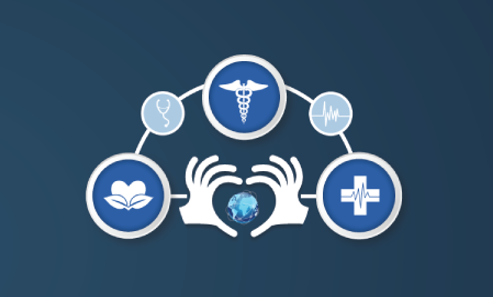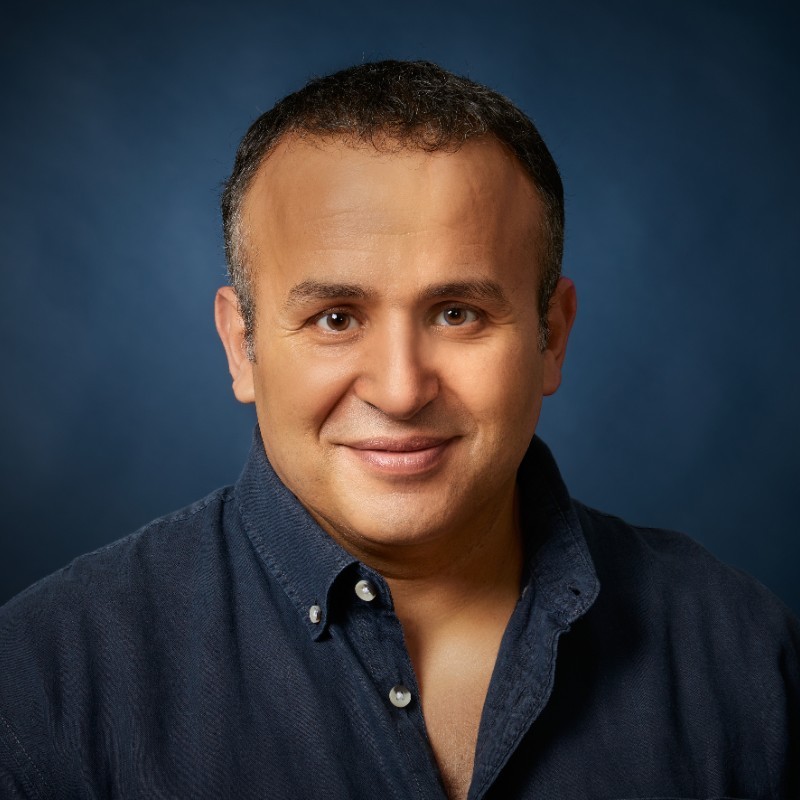
The digital transformation in healthcare is reshaping interactions—and sometimes the balance of power—between public and private hospitals, between hospitals and community medicine, between health authorities, payers, and industry players, and ultimately transforming the relationship between the healthcare system and the public, who will be, all at once, a user, a caregiver, and of course, potentially a patient.
Following the model of 4P medicine, we are witnessing the advent of 4C medicine: it will increasingly be necessary to engage with a public that is not only a Citizen and Consumer, but also a Taxpayer (Contribuable)… and a Client!
In other words, this inevitable digital transformation is the true driving force behind the emergence of a new-generation healthcare system—one freed from siloed operations and, with a more sustainable economic model, capable of offering its users prevention, care, and follow-up services within a healthcare pathway that becomes the true unit of practice for medicine.
Crises are often catalysts for progress. In this regard, COVID-19 has further accelerated this transformation, notably through the widespread adoption of telemedicine and the establishment of its economic model, the full public health and economic impact of which has yet to be measured.
This transformation is inevitable because, in the future, users will increasingly demand access to “their” health services and data, just as they now access their banking, insurance, or even administrative services. This shift is generating an ever-growing volume of health data, produced in massive quantities every second by all stakeholders.
Thus, digital health data is becoming both the content and the container of healthcare uses. It forms the digital walls of hospitals and private clinics, of health centers and community practices. It also represents the digital avatar of the patient and serves as the tool of the healthcare professional. Health data carries scientific and clinical progress, which—through Artificial Intelligence—provides access to tremendous opportunities for research, innovation, and new capabilities in diagnosis, treatment, and cost optimization across all sectors.
It requires the development of new professions in the care sector, such as data scientists, in digital technologies, where expertise in interoperability and cybersecurity will be essential, in the insurance field, to address new risks, and finally in medical ethics, the only safeguard ensuring informed and reasoned adoption of these new practices.
The Ségur de la Santé has established, at the national level, a set of essential services and standards—INS, e-CPS, Pro Santé Connect, MSSanté, DMP…—to guarantee the interoperability, security, and smooth exchange of health data between institutions, professionals, software providers, and ultimately, patients and citizens.
The regional implementation is underway, in a landscape where local dynamics are rich and varied… yet progressing at uneven speeds. Field experience has shown that digital maturity varies greatly from one territory to another, depending on multiple factors: human resources, quality of infrastructure, governance models, and the history of local cooperation.
In this context, imposing uniformity would be counterproductive. Deployment must be tailored, gradual, and layered, building on existing structures, the concrete needs of patients, and the priorities of professionals, within clearly defined care projects. This approach fosters engagement—and engagement is the driving force of transformation.
True innovation lies in our ability to define the next course, in France as in Europe, to be a driving force in this global trend, to anticipate it rather than endure it, and to once again showcase the excellence of French medicine.


Hicham Temsamani
Hicham Temsamani is a biomedical engineer with extensive international experience in the health sector. After a career at the French National Space Agency (CNES), and then at Panasonic, Cisco, Cardinal Health, AWS and Google Cloud, he founded H.B.T Group France – his strategic consulting firm specialized in digital transformation for healthcare organizations. Passionate about innovation and prevention, he also hosts scientific conferences focused on preventive medicine and longevity.
